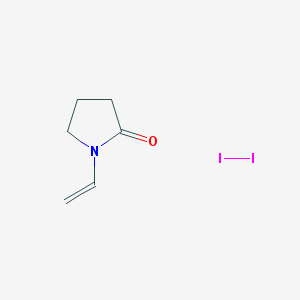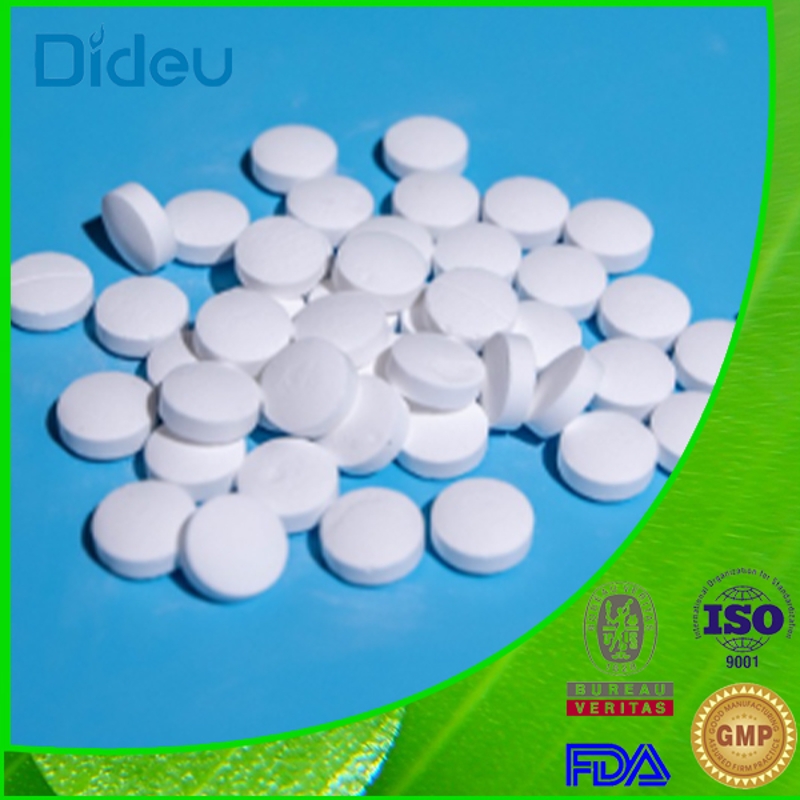-
Categories
-
Pharmaceutical Intermediates
-
Active Pharmaceutical Ingredients
-
Food Additives
- Industrial Coatings
- Agrochemicals
- Dyes and Pigments
- Surfactant
- Flavors and Fragrances
- Chemical Reagents
- Catalyst and Auxiliary
- Natural Products
- Inorganic Chemistry
-
Organic Chemistry
-
Biochemical Engineering
- Analytical Chemistry
- Cosmetic Ingredient
-
Pharmaceutical Intermediates
Promotion
ECHEMI Mall
Wholesale
Weekly Price
Exhibition
News
-
Trade Service
Studies suggest that nephrine-angiosin system (RAS) inhibitors may affect the severity of neocycline pneumonia.
this study is intended to assess whether the ongoing and discontinued use of RAS inhibitors (angiosin-converting enzyme inhibitors (ACEI) or angiosin-blocking agents (ARBs)) affects the prognostics of hospitalized patients with neocycline pneumonia.
REPLACE COVID trial is a forward-looking, randomized and open trial conducted at 20 large referral hospitals in 7 countries around the world.
included patients over the age of 18 who were admitted to hospital with neo-crown pneumonia and were treated with RAS inhibitors before being admitted to hospital.
individuals who have continued or stopped RAS inhibitors to treat the disorder are excluded.
subjects were randomly grouped (1:1) to continue or deactivate the RAS inhibitor.
results were a comprehensive score of time of death, duration of mechanical aeration, treatment with renal replacement or vascular pressure medication, and multi-organ dysfunction during hospitalization.
From March 31 to August 20, 2020, a total of 152 patients were randomly assigned to continue or deactivate RAS inhibitor treatment (continued group n=75; deactivated group n=77).
the average age of the subjects was 62 years (SD12), of which 68 (45%) were women, with an average BMI of 33 kg/m (SD8) and 79 (52%) having diabetes.
there was no significant difference in the overall prognostic score of patients in the continuing group compared to those in the deactived group (the median for the continued use group was 73 (IQR40-110), compared with 81 for the deactived group β;
Of the 75 subjects in the continuing group, 16 (21 per cent) needed to be transferred to intensive care units or had invasive mechanical aeration, while 14 (18 per cent) of the 77 subjects in the cessation group died;
29 (39 per cent) and 28 (36 per cent) in the deactivity group had at least one adverse event.
there was no difference in blood pressure, blood potassium, or creatinine between the two groups during follow-up.
, in line with international recommendations, renin-angiosin system inhibitors can be safely used in hospital treatment for new coronary pneumonia patients.







